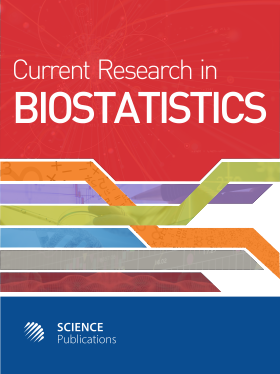A Bayesian Adaptive Design for Combination of Three Drugs in Cancer Phase I Clinical Trials
- 1 Samuel Oschin Comprehensive Cancer Institute, United States
Abstract
We describe a Bayesian adaptive design for early phase cancer trials of a combination of three agents. This is an extension of an earlier work by the authors by allowing all three agents to vary during the trial and by assigning different drug combinations to cohorts of three patients. The primary objective is to estimate the Maximum Tolerated Dose (MTD) surface in the three-dimensional Cartesian space. A class of linear models on the logit of the probability of Dose Limiting Toxicity (DLT) are used to describe the relationship between doses of the three drugs and the probability of DLT. Trial design proceeds using conditional escalation with overdose control, where at each stage of the trial, we seek a dose of one agent using the current posterior distribution of the MTD of this agent given the current doses of the other two agents. The MTD surface is estimated at the end of the trial as a function of Bayes estimates of the model parameters. Operating characteristics are evaluated with respect to trial safety and percent of dose recommendation at dose combination neighborhoods around the true MTD surface.
DOI: https://doi.org/10.3844/amjbsp.2016.1.11

- 6,801 Views
- 3,474 Downloads
- 2 Citations
Download
Keywords
- Cancer Phase I Trials
- Maximum Tolerated Dose Surface
- Escalation with Overdose Control
- Drug Combination
- Dose Limiting Toxicity
- Continuous Dose
